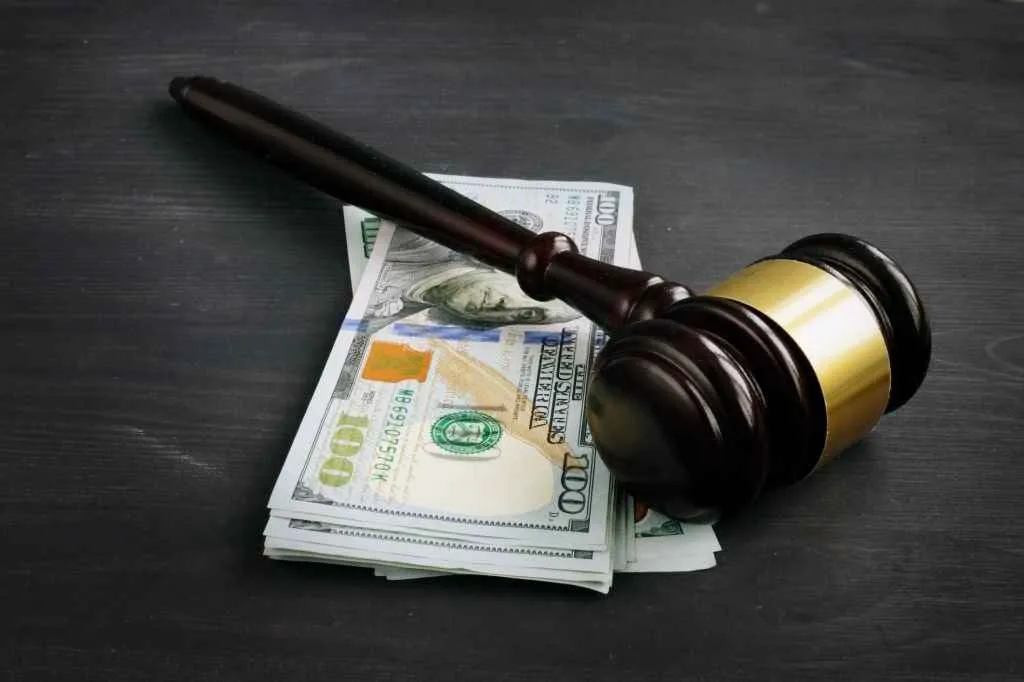Bail is a monetary exchange for the release of a defendant from jail. It’s basically an insurance policy that allows the individual to stay at home but return to court for all required appearances.
Within 48 hours of your arrest, you will appear before a judge who will advise you of your charges and decide whether to release you on bail. If you post the necessary amount, you will be released from jail, and as long as you attend all required court dates, you should receive a refund for the bail money.
Bail is available for most offenses in Florida, but it may not be granted to certain repeat offenders or offenders of serious crimes.
If you or a loved one have been arrested, know that working with a skilled criminal defense attorney is your best shot at being granted bail. Keep reading to learn what factors determine bail in Florida, but remember, this information is intended for general purposes only.

In deciding whether or not to grant bail, judges weigh several elements in each case for each alleged offender.
It’s important to note that even persons being charged as co-conspirators for an alleged crime will be judged independently for bail.
Persons charged with misdemeanor crimes and lower felony offenses are more likely to receive bail than those who were charged with more serious felonies.
In fact, in Florida Bond is a Constitutionally-guaranteed right afforded to almost all Defendants with very limited exceptions.
If someone is arrested and charged with a crime fitting the exceptions, then they will remain in police custody unless the court releases them.
When released, they may be on electronic monitoring or a more expensive bond. The following are just some of the crimes for which there are exceptions in Florida:
Criminal history plays a large role in whether or not someone gets bail.
When someone has no prior charges or has been previously cleared of a misdemeanor charge, the judge may feel they’re less likely to commit more crimes while they’re out on bail.
That’s not to say that someone charged with a first-time misdemeanor will automatically be given bail at the first opportunity.
That’s also not to say that someone with a prior conviction will be denied bail. What we can say is that bail is more likely to be awarded to someone who has been charged for the first time.
If the judge believes the accused will flee the state if they’re released before trial, then they may not be granted bail, or the judge may set much higher bail.
If you have strong ties to your community, such as children and family in the area, or if you own a house or business, the judge may decide you’re less likely to flee.
Again, these factors make it more likely that bond will be granted, but not guaranteed.
The decisions you make immediately after an arrest can have profound implications on the rest of your case, including the result of your charges.
A skilled criminal defense lawyer in Orlando can help you understand your charges and whether or not bail may be an option for you.
Call Katz & Phillips, P.A. at (321) 332-6864 to discuss your legal options today.
509 W Colonial Dr. Orlando, FL 32804
Law Office Directions
Free Consultation321-332-6864
Contact the Law Offices of Katz & Phillips today to speak with one of our attorneys about your case today by filling out the form below, or call us at 321-332-6864.
"*" indicates required fields